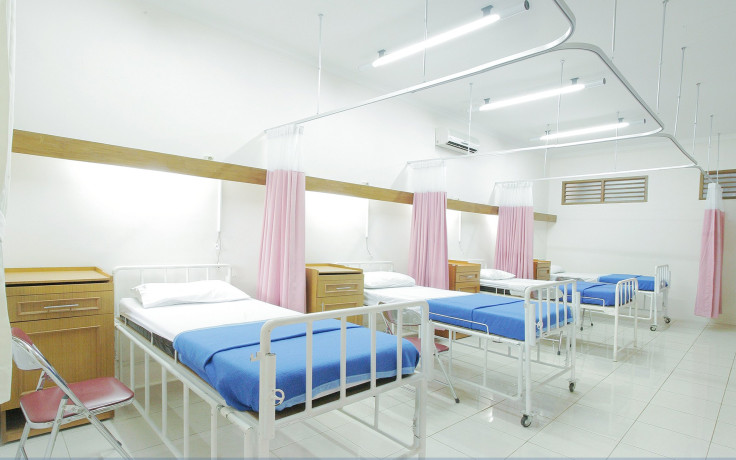Argentina joins the list of countries that have upped their security measures in the past couple of weeks in order to combat the COVID-19 outbreak. The latest strategy employed to achieve the same entails closing its borders for 15 days to non-residents, said President Alberto Fernandez in an official statement on Sunday.
The South American country remains under a partial lockdown as schools, universities, and national parks will continue to be shut until March 31. Currently standing at 56 registered cases, this rule comes after the number of cases doubled across several European countries on Sunday, sparking panic across the globe.
Two deaths so far have been reported. The new cases have been registered in Tierra del Fuego Province, Argentina's southernmost point. Buenos Aires City, Buenos Aires Province and Chaco Province are some of the other areas where the cases have been registered.
A day before, Argentina declared a decree that imposed a 30-day ban on entry to non-residents arriving from countries like Europe, China, Japan, South Korea, and the United States on high alert after the virus’s spread. Travelers from the aforementioned countries will also be observing quarantine up until next fortnight irrespective of whether they exhibit symptoms of the case or not.
Flight restrictions kick-started on Monday, and will on up until the next month. While nationals were allowed to return to their home country on any airline, the permit has gotten tougher post-Monday, as only select Aerolíneas Argentinas flights will continue to function.
A recent statement released by the Health Ministry led by Ginés González García states that “of the 11 cases, eight correspond to cases with a history of travel to a risk area, while the remaining three are close contacts of confirmed cases. To date, in Argentina, the majority of cases are imported. Local transmission is detected among close contacts, without evidence of community transmission.”
The health minister also stated, as per a recent report, that conscious efforts are being undertaken to ensure that the country adopts proactive measures to detect suspected cases early and offers adequate patient care and implement research, prevention and control measures that will help mitigate the spread of the highly contagious virus.

© 2025 Latin Times. All rights reserved. Do not reproduce without permission.




